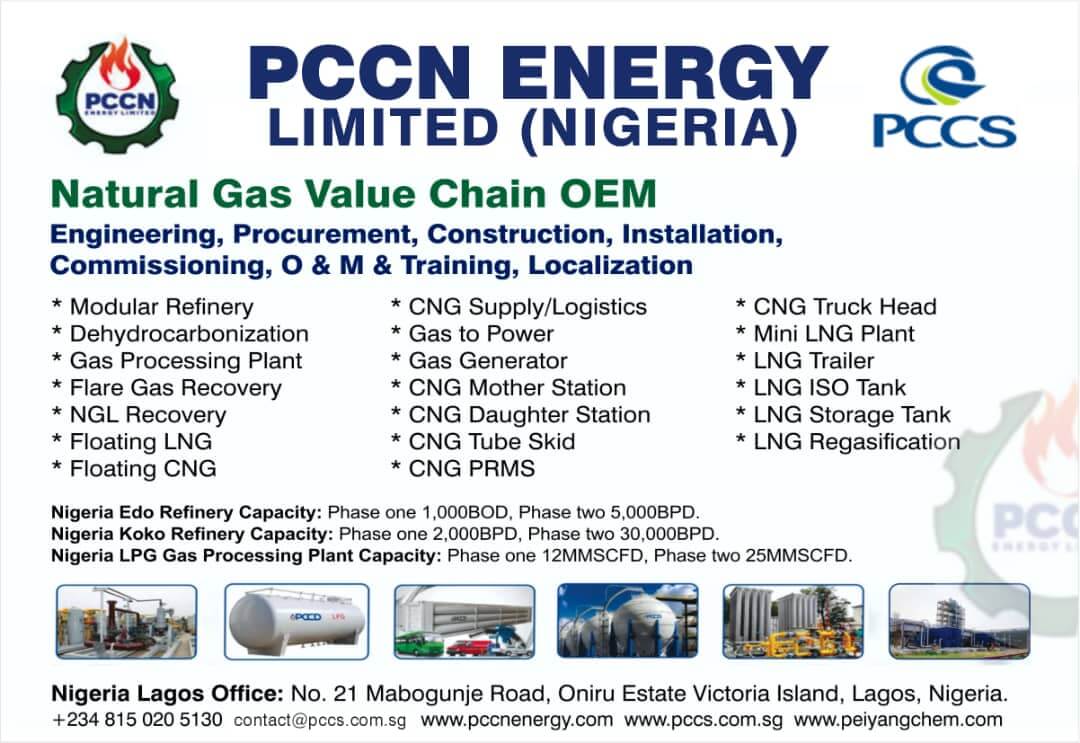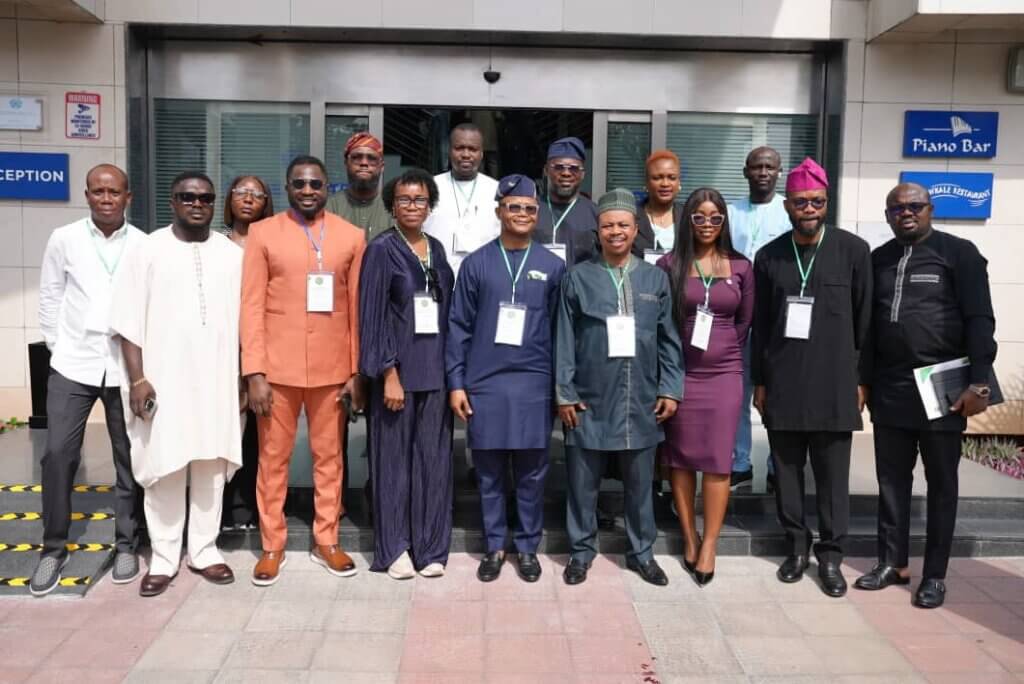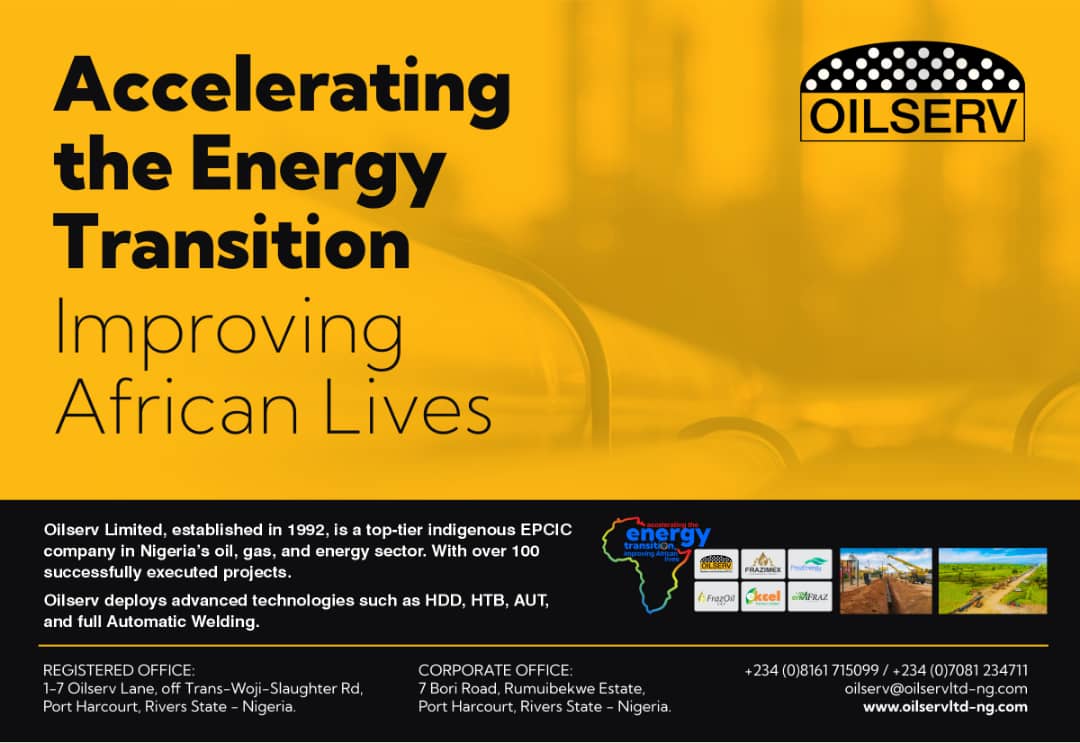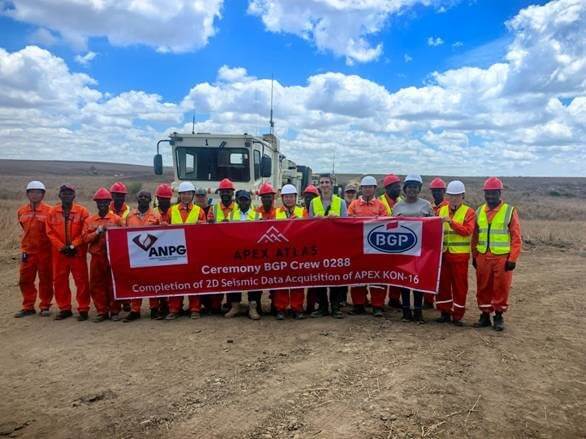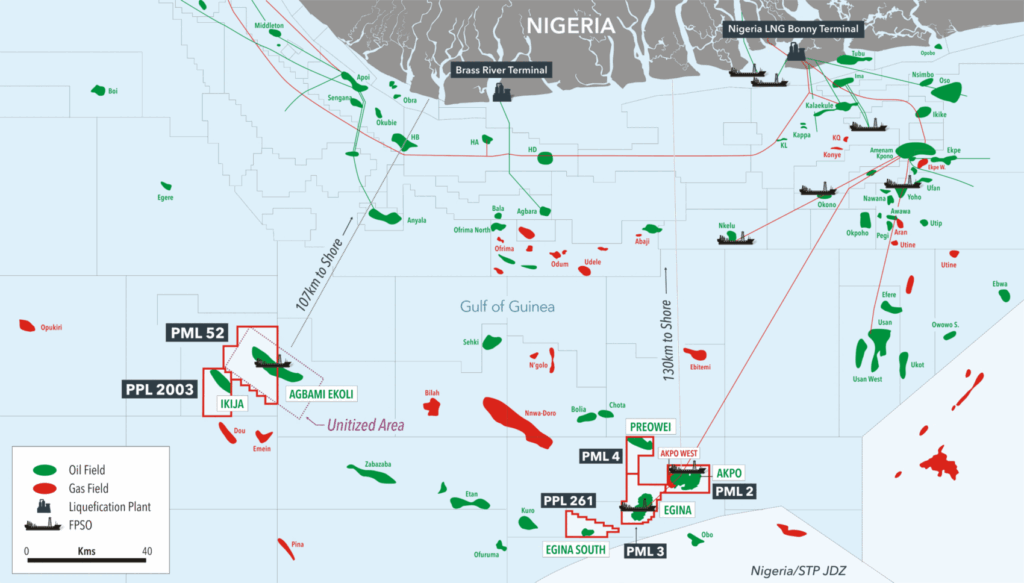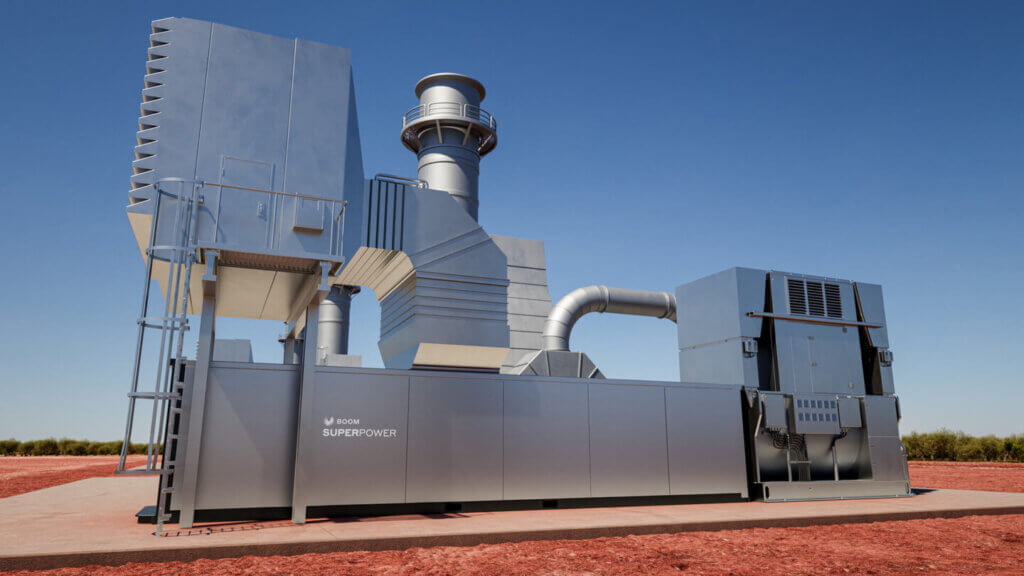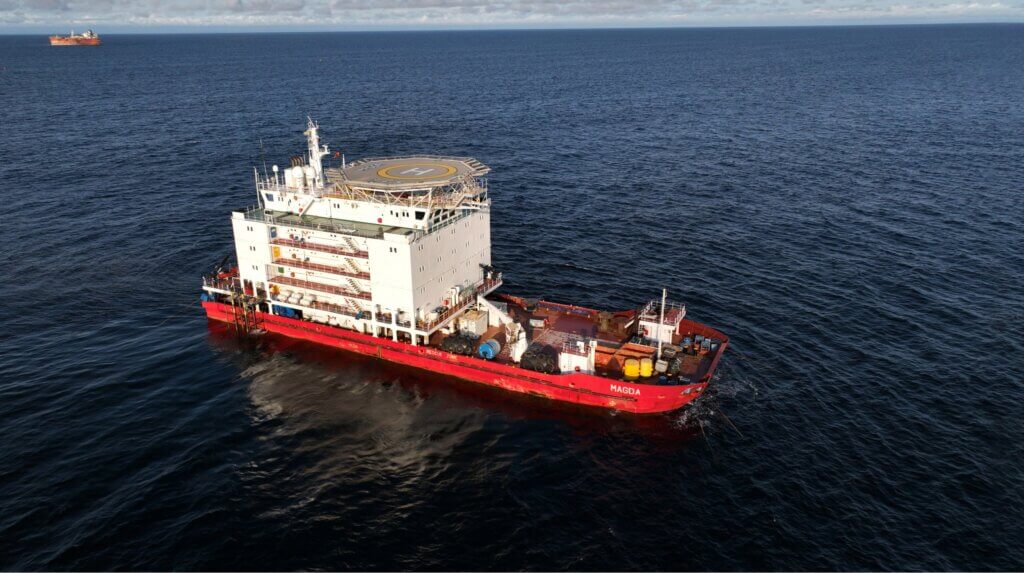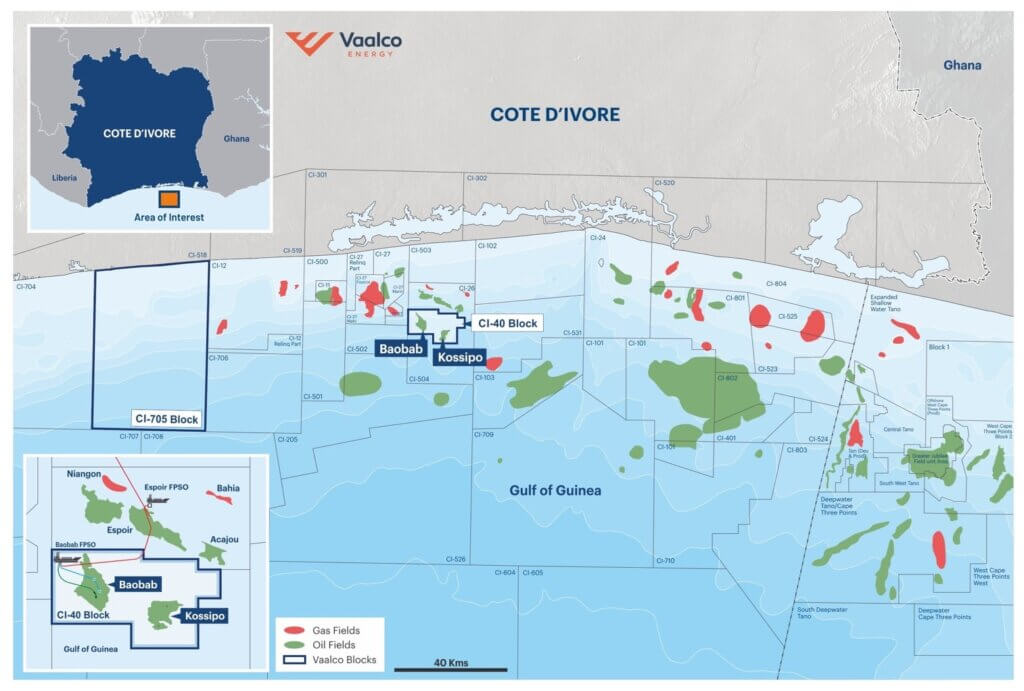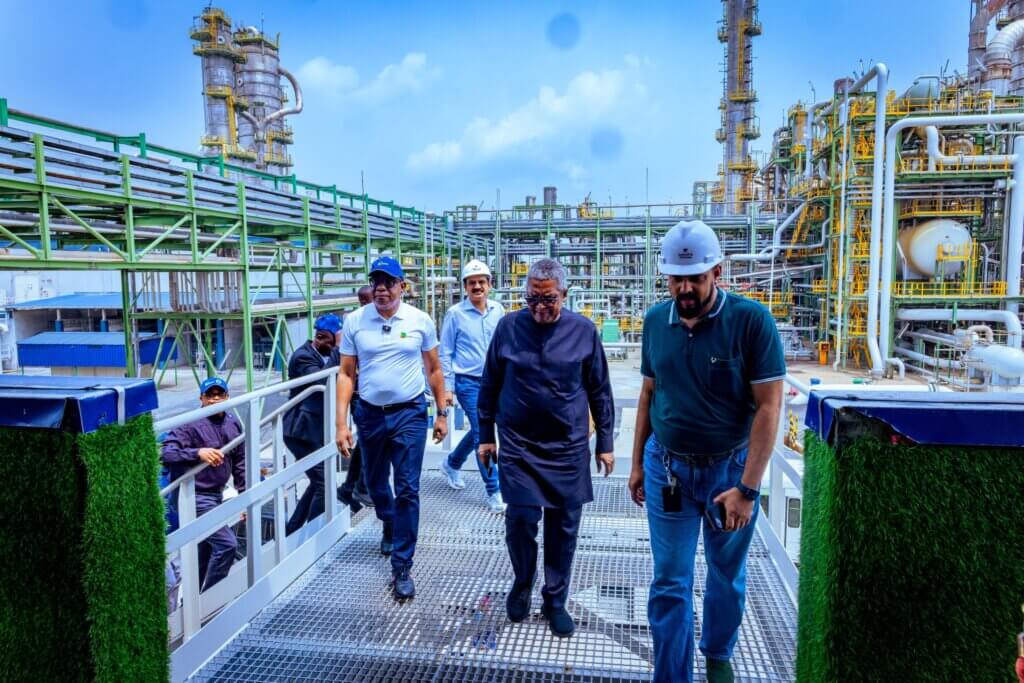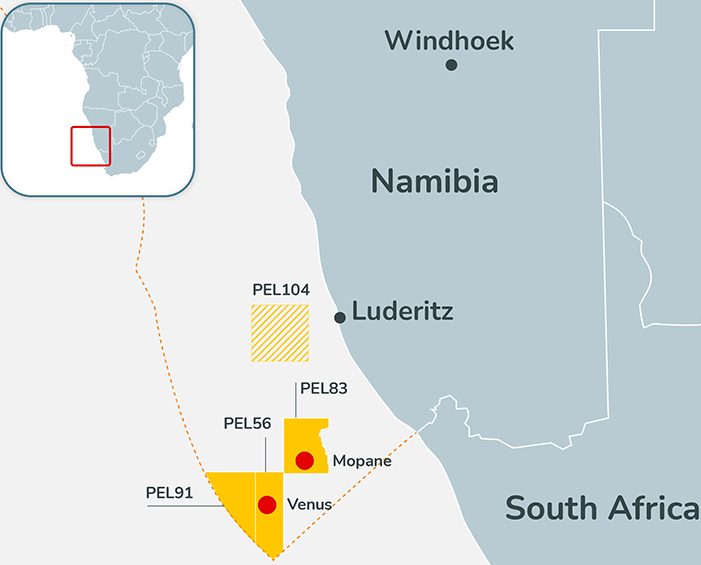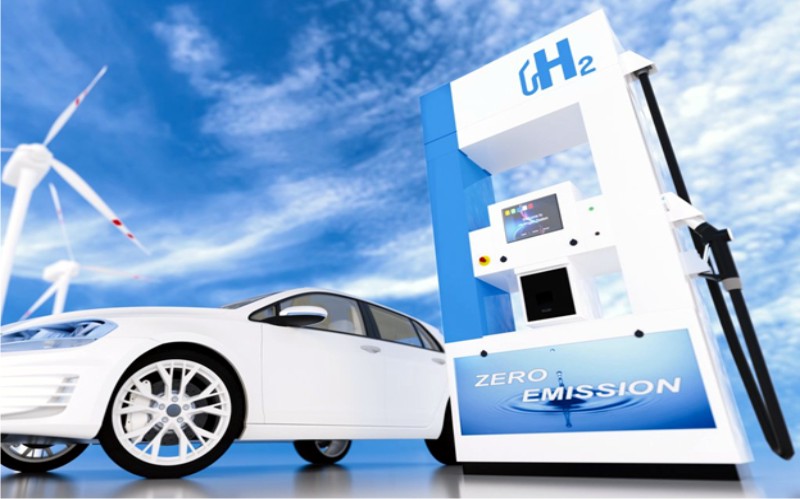
While Canada has been able to make progress developing its hydrogen economy, there’s still work to be done, specifically on unlocking demand.
“Producing hydrogen is not the biggest challenge,” said Brent Lakeman, director, hydrogen initiative at Edmonton Global. “We know how to do that, we have been doing that for a long time. It’s that new market, it’s creating the demand in new sectors.”
He spoke as part of a panel discussion dubbed Unleashing the Power of Hydrogen at the World Petroleum Congress in Calgary this month.
Lakeman was joined by Alessandro Faldi, hydrogen mobility manager, Exxon Mobil Corporation; James Powell, vice-president energy infrastructure, clean fuels ATCO, and David Layzell, energy systems architect, Transition Accelerator.
“We want to focus on industrial demand, that is probably the best place to start. But after that — transportation, we think is the next spot,” Lakeman said.
“But that does require a very different approach than what we have been doing. It does require — I’ll call it a consortium-based approach — to bring partners together to do things in a different way.
“How do we grow this demand more quickly by bringing the supply side with the demand side with the infrastructure … with the mechanics, with all the different players that need to be there?”
One method to get potential customers looking at hydrogen, he pointed out, are incentives.
“We always focus on production incentives but we are going to need some incentives on the demand side, as well, to truly make this work.”
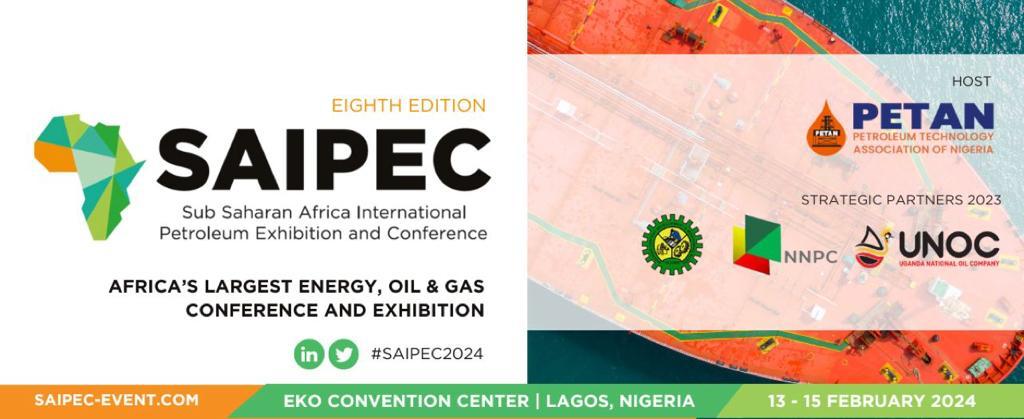
Faldi touched on the importance of government playing a part.
“Hydrogen, generally, unsubsidized, remains expensive relative to incumbent fuels,” he told the audience. “So, here is where the policy can help.”
“I don’t mean to say we should rely on policy. The importance of policy — the [Inflation Reduction Act] in the United States I think is a good example — is to de-risk the initial investment to get us on to economies of scale as we build more and more.
Continued Faldi: “In every industry I’m familiar with … costs have come down as units, as production increased. Solar is a great example. Policy needs to help us to get going, to start to achieve scale and then cost will come down … so we can at least shrink the gap between the cost of the incumbent fuels and hydrogen in the future.”
The ExxonMobil manager emphasized, however, that any policy needs to be “done right,” and consistent over the time needed for the industry to develop.
“The challenge is: We can build it, we have got the large industrial today — it’s how do we encourage and accelerate the demand side for tomorrow?” Powell said.
Powell also underlined the role of policy certainty. He said governments in Canada are making “great strides” with advancements such as investment tax credits, and “other opportunities to really accelerate the early days.
“ … But there is still a lot of uncertainty for developers,” he added. “We really need investment certainty in this country to be able to deploy those capital dollars from the developer side, but even on the consumer side — we are asking people to really bet on the future, whether it is Class A trucks or other, and how you are going to underpin that piece is stability of policy and certainty so we can make these large bets in the future, as well.”
Access to potential overseas buyers needs improvement and is being worked on.
“On the transport side … we need rail to get that to tidewater,” Powell said.
“The real challenge to open up Western Canada to Southeast Asia and Japan is how do we move rail cars of clean ammonia safely and economically from Fort Saskatchewan to tidewater?” he added. “That is a really big challenge that is under development.
“A lot of really smart brains are working [on] that between the railroad companies, industry and government. That one will take all three of those groups to work together to solve the transportation challenge.”

When advancing the hydrogen market, several components need to work together.
“We are building a new value chain here, and like any chain, there are a lot of links in the chain,” said Layzell.
“I think there has been incredible advances we have made in individual links. We are seeing some significant advances in hydrogen vehicle technology development, especially for heavy trucks and trains. We are developing some strong links for this future value chain.
“Where the challenge is, is getting the links to work together to create the value chain,” he added. “Like any chain, it is only as good as its weakest link. “Those value chains have to be co-located, located in the same spot, and they have to be linked to each other in the right scale, and that is a real challenge: Getting the scale and location of the value chains, to create value chains that can be self-sustaining without ongoing public investment.”





















